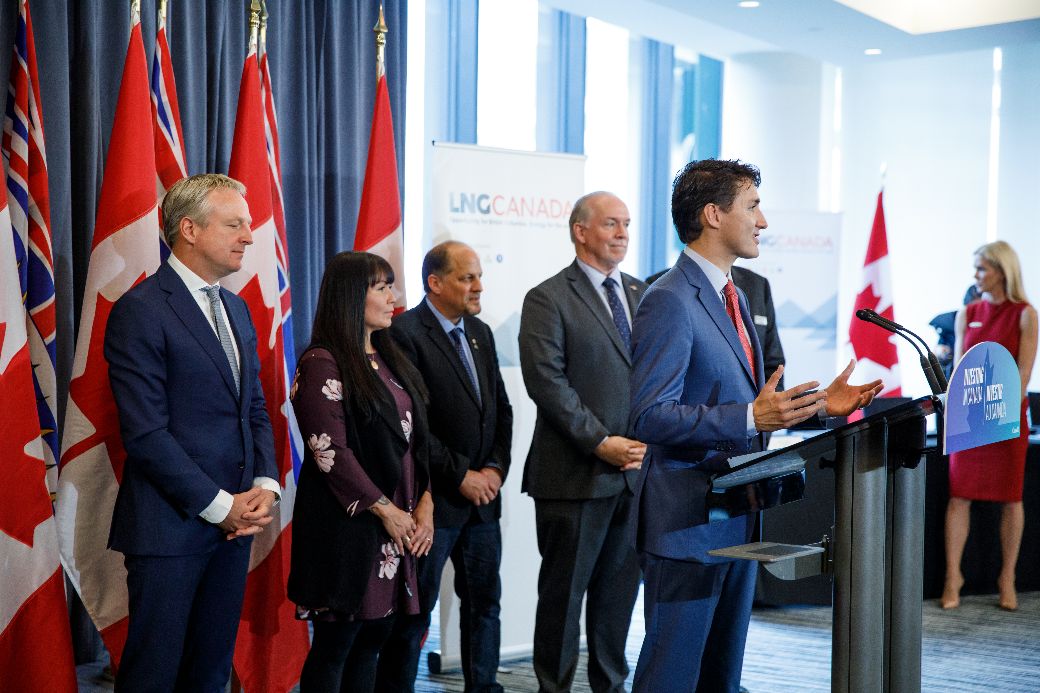Canada has released its 2019 federal budget, titled Investing in the Middle Class. The document outlines plans to significantly increase spending on the energy transition. In particular, the budget earmarks CAD 1.01 billion ($750 million) to improve energy efficiency in buildings.
The government also plans to improve efficiency standards through wider adoption of distributed energy assets. It will allocate another CAD 2.2 billion to support community energy systems and the planning of clean energy projects, as well as other “actions that help smooth Canada’s transition away from coal-fired power.” In addition, the government will use CAD 300 million to provide purchase incentives for electric vehicles.
One of the key aspects of the plan is to lower energy costs for Canadian households “by partnering with the Federation of Canadian Municipalities to increase energy efficiency in residential, commercial and multi-use buildings, and by introducing a new incentive for buying electric battery or hydrogen fuel cell vehicles with a manufacturer's suggested retail price under CAD 45,000.”
“Our sector applauds the Government of Canada’s continued investments in energy system transition – in particular in the deployment of clean, renewable resources like solar power,” said John Gorman, president and CEO of the Canadian Solar Industries Association (CanSIA). “The benefits of these investments will span far beyond the businesses and homeowners eager to embrace solar energy. They will extend throughout our entire economy and will create skilled trades jobs for generations.”
However, CanSIA cautions that current spending plans are insufficient. It is awaiting a proposal for a “clean electric future of reliable and affordable electricity.”
Popular content
In pursuit of its climate goals, Canada announced a new policy in November under which businesses adopting clean energy solutions can apply for a full tax write-off for the fiscal year in which a system is commissioned. This could allow businesses to reduce their tax liabilities.
In February, Innogy SE announced plans to deploy PV systems of 57 MW in the Canadian province of Alberta. In a statement to pv magazine, Innogy said it was aiming to sign a long-term power purchase agreement for the projects. The possibility of selling power on the spot market is a potential fallback option if private PPAs do not materialize, Innogy added. “We are confident that the projects are profitable either way.”
Also in February, the Alberta government announced the finalization of a public auction for 94 MW of utility-scale solar capacity. The auction delivered a surprisingly low average final electricity price of CAD 0.048/kWh. The allocated capacity consists of three large-scale projects that will be built by Chinese-Canadian manufacturer Canadian Solar.
This content is protected by copyright and may not be reused. If you want to cooperate with us and would like to reuse some of our content, please contact: editors@pv-magazine.com.



2 comments
By submitting this form you agree to pv magazine using your data for the purposes of publishing your comment.
Your personal data will only be disclosed or otherwise transmitted to third parties for the purposes of spam filtering or if this is necessary for technical maintenance of the website. Any other transfer to third parties will not take place unless this is justified on the basis of applicable data protection regulations or if pv magazine is legally obliged to do so.
You may revoke this consent at any time with effect for the future, in which case your personal data will be deleted immediately. Otherwise, your data will be deleted if pv magazine has processed your request or the purpose of data storage is fulfilled.
Further information on data privacy can be found in our Data Protection Policy.